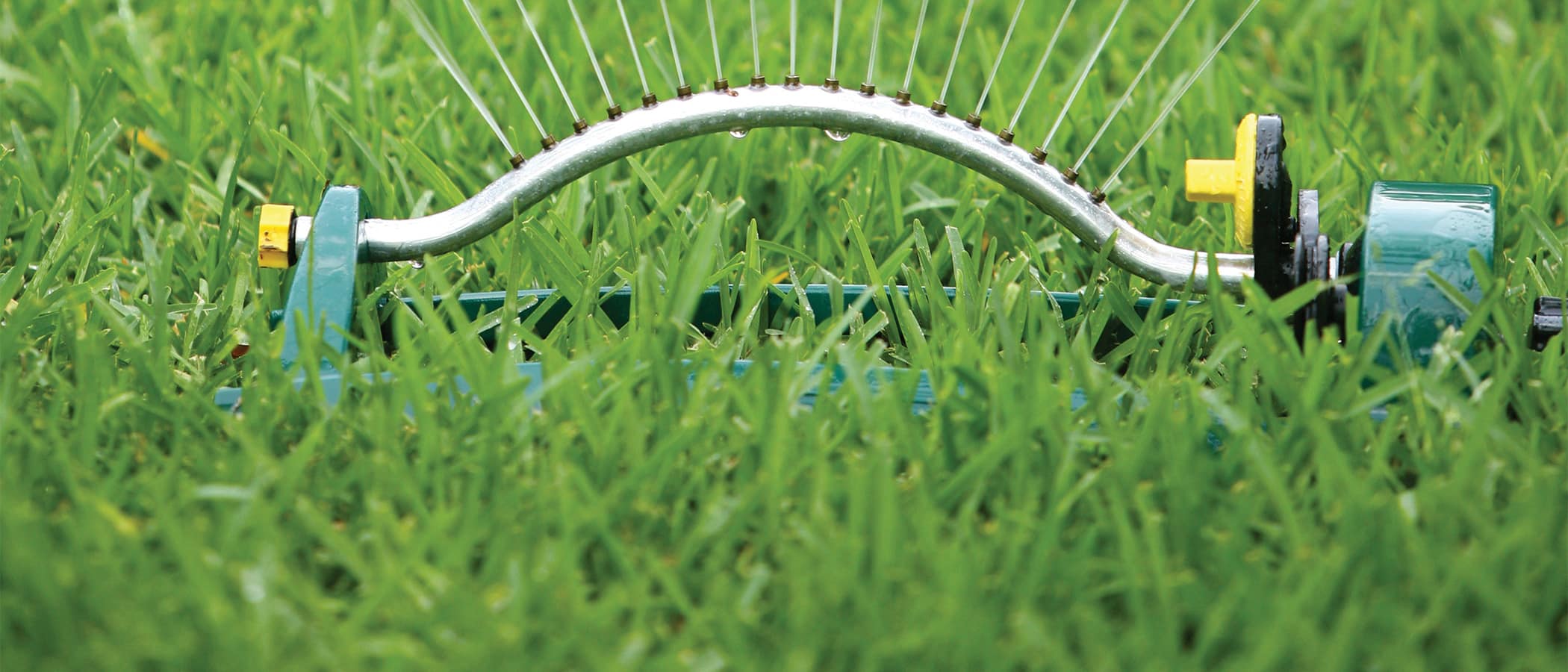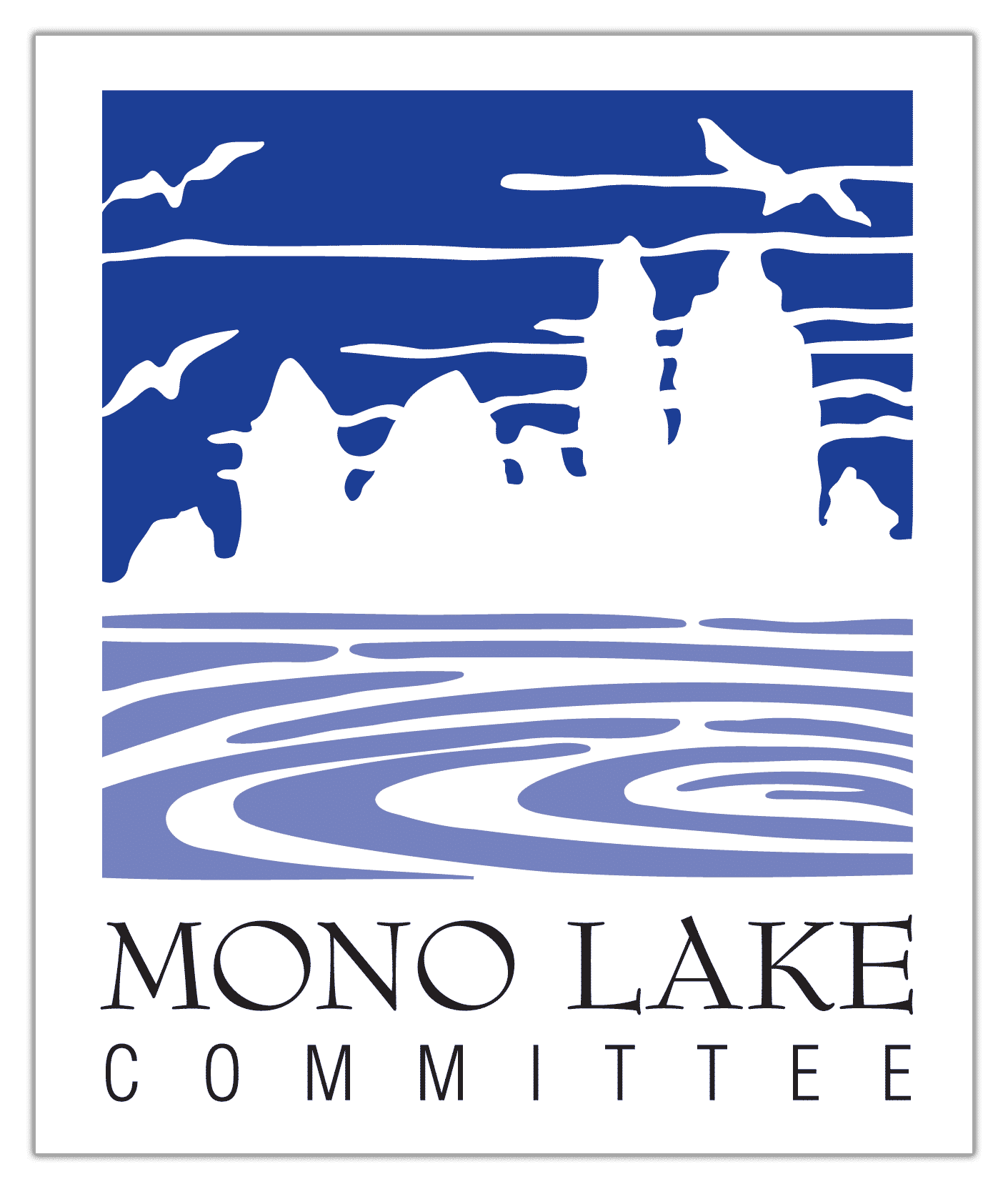
Your voice needed soon
This spring the California State Water Resources Control Board is expected to vote on a new, climate-based, statewide conservation regulation to “Make Conservation a California Way of Life.” The Mono Lake Committee will be requesting the State Water Board to adopt strong conservation regulations and we hope you’ll join us.
Thirty years ago, water conservation programs led by Los Angeles community groups helped save Mono Lake.
At that time, Los Angeles Department of Water & Power (DWP) attorneys argued that the City could not afford to share a single drop of water with Mono Lake. But local groups like Mothers of East Los Angeles and the Korean Youth & Community Center disagreed and distributed low-flow toilets and shower heads throughout their neighborhoods. With each water-saving device they handed out, they showed pictures of Mono Lake and described a future in which Los Angeles would respect the needs of Mono Lake and share water to protect this distant extraordinary ecosystem.
Three decades later, Los Angeles’ conservation programs have continued to be so successful that the City reduced its water demand by about 200,000 acre-feet per year, a 40% reduction from 1990. This was achieved while Los Angeles’ population grew by 18% to more than four million people.
LA’s ratepayers benefited too. A 2018 Alliance for Water Efficiency study shows that Los Angeles ratepayers saved more than $11 billion dollars between 1990 and 2016 on their water bills alone because of these programs. Without conservation, the City’s water rates would have been 27% higher for their customers.
The people of Los Angeles have proven that they can live comfortably using less water. What is true for Los Angeles is equally true for the rest of California.
Today every water source that California depends upon is more stressed and less dependable. From the Sierra Nevada and the Colorado River to groundwater and other local water supplies, every city and community is challenged by the hotter and drier conditions that the West is experiencing.
Climate change means that our State must maximize water efficiency, especially when special places that lie at the end of our taps, like Mono Lake, urgently need our help to survive.
And California still has significant untapped conservation potential. A recent Pacific Institute study shows that by taking simple actions—upgrading old appliances and fixtures, fixing leaks and installing water-wise gardens—Californians could cut current inefficient urban water use by an additional 30%-48%, roughly 2-3 million acre-feet.
Here’s what you can do
In early March, the State Water Board is expected to release its proposed climate-based statewide conservation regulation to “Make Conservation a California Way of Life.” For the first time, the State could require urban water agencies to meet customized conservation objectives that are based on water efficiency standards and that also account for differences in local climate and economic conditions. The proposed requirements should save 440,000 acre-feet over the next decade—enough water to meet the needs of 1.5 million households.
Water agencies across California, including DWP, are trying to weaken the State’s proposed conservation regulation. Please join the Mono Lake Committee in requesting the State Water Board to adopt strong conservation regulations. Please go to conserve4ca.org for more information.
Key points
- Investing in conservation is the most equitable, affordable, reliable option for meeting California’s water needs;
- Strong conservation regulations will encourage California’s water agencies to reduce water waste and enable all residents, regardless of income, to benefit from efficiency improvements;
- The less water California’s 40 million residents use, the more we can reduce our dependence on the Colorado River, the Bay Delta, Owens Valley, and Mono Lake, make our waterways and communities healthier, and make California more water resilient.
